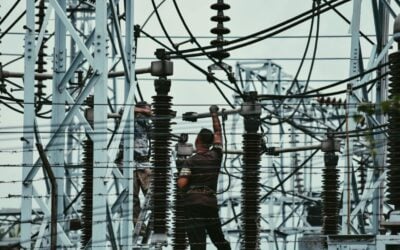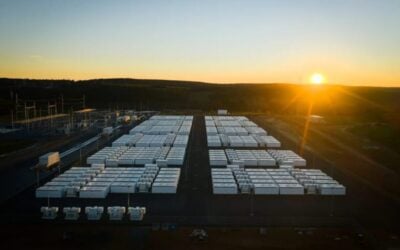The US Department of Energy has set aside US$37 million to improve energy storage and conversion technologies in transportation batteries, grid-level storage, and fuel cells.
The department’s Advanced Research Projects Agency for Energy (ARPA-E) will fund 16 new research projects into how new technology, specifically solid ion conductors, can overcome the limitations of current battery and fuel cell products.
Current fuel cells convert chemical energy into electricity, and back again, and can therefore store electricity from intermittent resources like wind and solar power, and also generate it as required from stored energy, whether from carbon free sources or natural gas or hydrogen. At the same time, the inherent limitations of electrochemical batteries has “stifled further innovation,” reckons ARPA-E.
Instead, batteries using parts built with solid ion conductors – solids in which ions can be mobile and store energy – offer a high-performance alternative to traditional liquid electrolytes or expensive materials used in current fuel cell stacks.
Try Premium for just $1
- Full premium access for the first month at only $1
- Converts to an annual rate after 30 days unless cancelled
- Cancel anytime during the trial period
Premium Benefits
- Expert industry analysis and interviews
- Digital access to PV Tech Power journal
- Exclusive event discounts
Or get the full Premium subscription right away
Or continue reading this article for free
The new research will focus on how to overcome associated drawbacks such as low ionic conductivity and expensive processing, and how to finally integrate these parts into energy storage devices. It will also explore how to increase battery energy capacity while preventing short circuits and degradation, and how expensive elements like platinum can be replaced with more common metals.
ARPA-E director Ellen Williams said: “While battery technologies have improved by leaps and bounds over the past few years, there remain some imposing physical and chemical barriers that have stifled further innovation. Solid ion conductors made of affordable, easily produced materials could replace today’s mostly liquid electrolytes and expensive fuel cell parts, helping create a next generation of batteries and fuel cells that are low-cost, durable, and more efficient.”
This week, the Advanced Lead Acid Battery Consortium (ALABC) set out a three-year research programme to improve the performance of lead batteries in energy storage and electric vehicles, and close the gap on lithium-ion in the energy storage and electric vehicle markets.
It warned at the same time the requirements of these sectors will develop at such a pace that lithium-ion technology could yet be adopted as the default standard, and the lead battery market could irreversibly contract.





